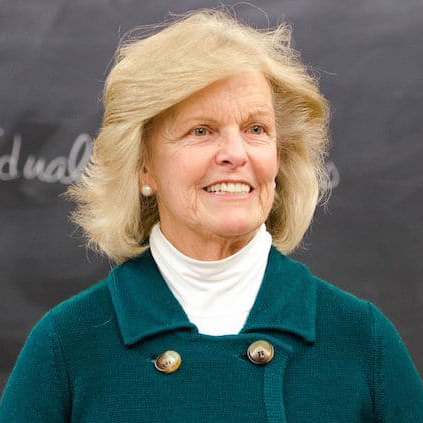|
Getting your Trinity Audio player ready...
|
Performative Catholicism has become the norm today, and the Rosary is the primary tool in the performance. President Joe Biden loves to show off his rosary, such as during a virtual conversation with Mexico’s President Lopez Obrador. Claiming his devotion to Our Lady of Guadalupe—despite the fact that President Biden has promoted the most extreme pro-abortion policies in history—Biden told Obrador that he had visited Mexico four times as vice president and during his visits he “paid his respects to the Virgin of Guadalupe.”
Performative Catholicism was also on display during the contentious D.C. trial (United States v. Handy) of several pro-life activists who were indicted by Biden’s Department of Justice for conspiring to block access to a D.C. abortion facility. Testifying against the pro-life defendants, one of the abortion provider’s employees—a woman who has been working at the late-term abortion clinic for more than three decades—told the court that she showed her rosary beads to the pro-life demonstrators during a protest at her clinic in 2020. She claimed that she told one of the protestors, “I’m a Catholic. It’s my whole life.”
Like Biden, who claimed during his 2020 campaign that he “goes to Mass and says the rosary,” the abortion provider employee suggested that her Catholic faith sustained her—claiming that her Catholicism is her “whole life”—despite the fact that she has been actively engaging in assisting with abortions for more than thirty years. And like Biden, who has done more to expand access to abortion than any previous president, the rosary-clutching abortion worker appears to see no contradiction between calling herself Catholic and providing late-term abortions to women in her abortion facility.
Orthodox. Faithful. Free.
Sign up to get Crisis articles delivered to your inbox daily
The question remains: what does it mean to be Catholic? The Catechism of the Catholic Church teaches that since the first century the Church has affirmed the moral evil of every procured abortion. This teaching has not changed and remains unchangeable. Direct abortion—that is to say, abortion willed either as an end or a means—is gravely contrary to the moral law. Those who cooperate with providing abortion are committing a grave evil.
Yet, few bishops are willing to criticize Biden or any of the Catholics in Congress who are doing all they can to curry favor with the generous abortion lobby by expanding access to abortion. In fact, when self-proclaimed “Catholic grandmother” Nancy Pelosi was advised by Archbishop Salvatore Cordileone, the bishop of her home diocese of San Francisco, not to present herself for Holy Communion because of her promotion of anti-life policies, she publicly rebuked Archbishop Cordileone saying that his decision to keep her from receiving Communion was “his problem, not mine.” She then criticized him for opposing abortion and not supporting LGBT rights.
Like President Biden and the abortion provider, Pelosi has pulled out her own rosary beads when she wanted to make a political point. In 2018, during an eight-hour filibuster on the House floor over amnesty for the Dreamers—the more than three million undocumented individuals who entered America as children—Pelosi suggested praying the rosary for the Dreamers.
Pelosi and Biden and the unnamed late-term abortion provider employee are just a few of the examples of the ways in which a Catholic identity can be claimed—and rarely disputed. Once society allows individuals to claim an identity grounded exclusively in emotion or desire—even when that identity contradicts physical reality, as in men who think they are women, or abortion providers who claim they are Catholic—no one is allowed to question someone’s feelings about who they are inside. The only limits to calling oneself “Catholic” become intrinsically arbitrary and determined merely by what the Church will tolerate. Unfortunately, the Church has tolerated quite a lot when it comes to pro-choice Catholic politicians. Pelosi and Biden and the unnamed late-term abortion provider employee are just a few of the examples of the ways in which a Catholic identity can be claimed—and rarely disputed.Tweet This
Catholics believe that the prayers that are said using the rosary beads can be powerful. Franciscan University of Steubenville—my academic home—has a beautifully landscaped portion of campus set aside for prayer called Rosary Circle. It is adjacent to a more secluded spot on campus housing the Tomb of the Unborn Child, which contains the remains of seven aborted children. The tomb is guarded by a perpetual flame and encircled by a stone patio with wooden benches and kneelers where students can pray and be reminded of the need to protect the most vulnerable—including the unborn. Many students pray the rosary there.
Praying the rosary is a sacred act for faithful Catholics. Using the rosary to claim a false Catholic identity as a form of performance art is idolatrous and should be condemned.
